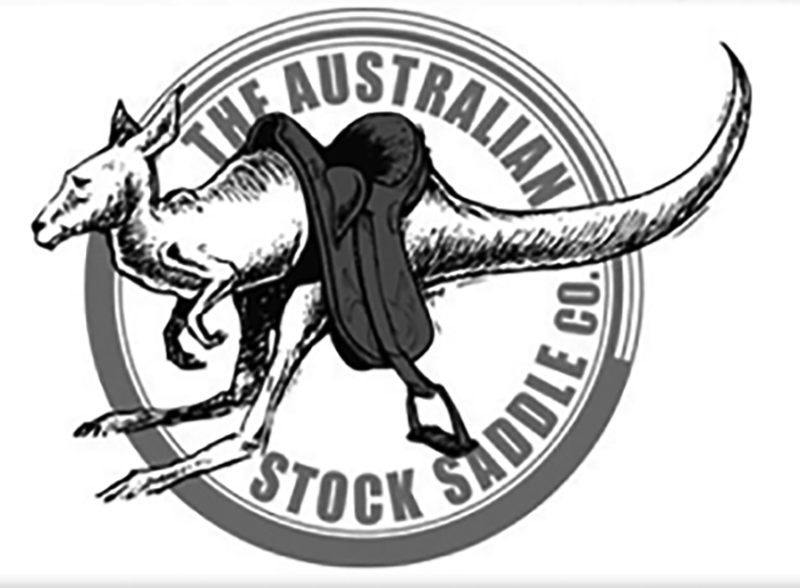HORSE RELATIONSHIPS
They say horses need company. After 75 years of living and working with them I remain unconvinced that is the case.
The behavior of the horse is ruled by food, fear and its physical well being. They do not have the pathology to feel "lonely." They have no deductive reasoning and certainly not the cognizance to be philosophical. They don't like you because you paid a lot of money for them. They like you because you feed them and, yes, they respond positively to kindness because they want to please, for reasons nobody has ever determined. It is part of their nature, like they have hair and four legs.
The brain of the horse is remarkably similar in structure to our own "reptilian" brain, which is the only one we had five million years ago, before it became covered over in evolution with vast layers of new brain necessary to handle our ever increasing complexity, cerebrally and physically. The brain of the horse remained unchanged over 50 million years, because it never needed to learn how to use a knife and fork or ponder the meaning of life. It is either scared or calm and responds accordingly in direct response to what is happening to it and round it -- including what YOU are doing to it and around it.
When I was a kid growing up in the Outback of Australia an old stockman died and they dug a hole and buried him, as they did in those days, and when we all left, his cattle dog sat on the mound and wouldn't leave. Unlike a horse, I believe dogs NEED people more than they need other dogs. I've loved a lot a horses in my time, but I couldn't imagine one of them sitting on my grave if they buried me. But I've had more than my share sit on me when I wasn't even dead!
To prove a horses doesn't NEED your company, put him out in a paddock, stand there with him and then let another ten horses run into the paddock. You will be standing alone in about five seconds flat. Horses run in packs because they have herd instinct. Which does not mean their life is easier in the pack than it is lounging in your back yard knee deep in shavings and chomping fine fettle. In the pack they have to stay in their social rung, or get kicked, bitten or banished. They are way more "free" in your barn than in the wild. And the more care and love you give them, the happier they will be. Just don't forget you are a distant second to food. Regardless, you would be more important than a goat or a mini-something often thought a cure for equine "loneliness.".
Colin Dangaard

